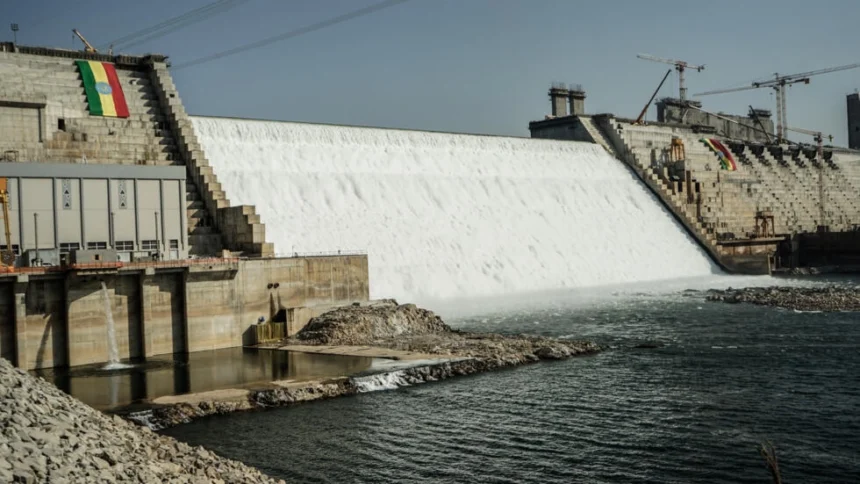Egypt’s stance against Ethiopia’s Grand Ethiopian Renaissance Dam (GERD) has escalated, raising the possibility of military conflict between Cairo and Addis Ababa. Egypt has openly aligned itself with Somalia and covertly with Eritrea in opposition to Ethiopia.
The GERD is crucial to Ethiopia, which contributes at least 85 per cent of the Nile’s waters. This makes the dam vital for its economic development. Egypt’s reliance on outdated agreements—the 1929 treaty and the 1959 accord—does not reflect the current geopolitical realities or the needs of upstream countries such as Ethiopia. The old treaties, combined with recent shifts in regional alliances and rising tensions, have created conditions that could lead to a destabilising conflict over Nile waters.
From July 2014 to August 2022, South Sudan and Uganda were Egypt’s regional allies, supporting Cairo’s strategy. However, Egypt faced challenges in implementing its strategy against Ethiopia in South Sudan due to significant local opposition, particularly from the Nuer community, which has historical ties to Ethiopia.
Recently, Somalia and Eritrea, once unlikely allies, have shifted their stances due to changing geopolitical dynamics. Their alignment with Egypt is driven by two key factors. First, Somaliland—a self-declared autonomous region within Somalia that lacks international recognition—signed an agreement with Ethiopia this year. This deal allows Ethiopia access to ports on the Gulf of Aden and the Red Sea. The Somali government, which considers Somaliland part of its territory, views the agreement between Somaliland and Ethiopia as a threat to its sovereignty.
Consequently, Somalia has threatened to use all available measures, including potential military action, to prevent Ethiopia from utilising these strategic seaports via Somaliland. This shift has significantly influenced Somalia’s alignment with Egypt, as both seek to counter Ethiopia’s growing influence.
Second, the Fano militia, an armed ethnic nationalist group from Ethiopia’s Amhara region, is dissatisfied with the November 2022 peace agreement between the Ethiopian government and the Tigray People’s Liberation Front (TPLF). Following the peace deal, the Fano militia feels that Ethiopian Prime Minister Abiy Ahmed abandoned his reform agenda and believes that the TPLF should not be allowed to exist as a political organisation.
As a result, the Fano militia established its main base in Eritrea, where it has received and continues to receive military training and support. Eritrea, likewise, is dissatisfied with Ethiopia’s decision to sign a peace accord with the TPLF.
Source: The standard


Leave a Reply